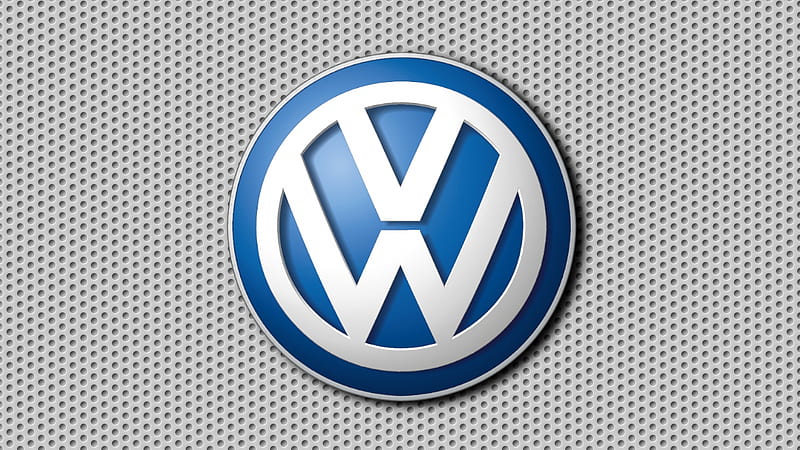Volkswagen Group has raised its investment in Rivian Automotive by 16%, bringing its total stake in the electric vehicle (EV) manufacturer to a substantial $5.8 billion. The two companies announced the move on Tuesday, marking a significant step forward in their collaborative efforts to revolutionize the electric vehicle industry.
This increased investment comes as Volkswagen and Rivian officially kick off their joint venture, which aims to develop next-generation electric vehicle architecture and cutting-edge software. The collaboration is expected to play a pivotal role in accelerating the transition to electric mobility, as both companies look to leverage their respective strengths to compete in the rapidly growing EV market.
Rivian, which went public in late 2021, has quickly gained attention for its innovative electric trucks and SUVs, such as the R1T pickup and the R1S SUV. Volkswagen, a global automotive giant, has been rapidly scaling its EV efforts through its ID series and other electric initiatives. This new partnership with Rivian is seen as a strategic move to combine Volkswagen’s automotive expertise with Rivian’s cutting-edge EV technology.
A Strategic Partnership to Shape the Future of Electric Vehicles
The joint venture focuses on developing electric vehicle platforms that will enable both companies to produce a wide range of new vehicles more efficiently and cost-effectively. Additionally, the partnership will emphasize the development of vehicle software, a crucial component in the increasingly connected world of autonomous driving and digital experiences.
Volkswagen’s increased investment in Rivian comes as part of its ongoing push to bolster its presence in the electric vehicle market and to ensure that it remains competitive against other global automakers, including Tesla, Ford, and General Motors. Rivian’s innovative approach to EV design and its strong position in the electric truck segment aligns well with Volkswagen’s broader strategy to expand its electric portfolio.
For Rivian, the partnership provides access to Volkswagen’s vast resources, including manufacturing capabilities, global supply chains, and expertise in scaling production. It also further solidifies the company’s position as a significant player in the electric vehicle market.
Industry Implications and the Road Ahead
The collaboration between Volkswagen and Rivian is expected to have significant implications for the broader automotive industry. As traditional automakers like Volkswagen seek to catch up with electric vehicle leaders such as Tesla, partnerships with emerging EV players like Rivian are becoming increasingly common. This trend could lead to more cross-industry collaborations aimed at accelerating the development of electric vehicle infrastructure, autonomous driving technology, and sustainable mobility solutions.
Both Volkswagen and Rivian have committed to scaling their efforts in the coming years, with Volkswagen planning to become a fully electric automaker by 2033. Rivian, on the other hand, continues to ramp up production and delivery of its electric trucks and SUVs, with plans to expand its offerings to meet growing demand.
As the two companies embark on this venture, the global automotive landscape is poised for further transformation, with the increased focus on electric mobility, sustainability, and technological innovation shaping the future of transportation.


